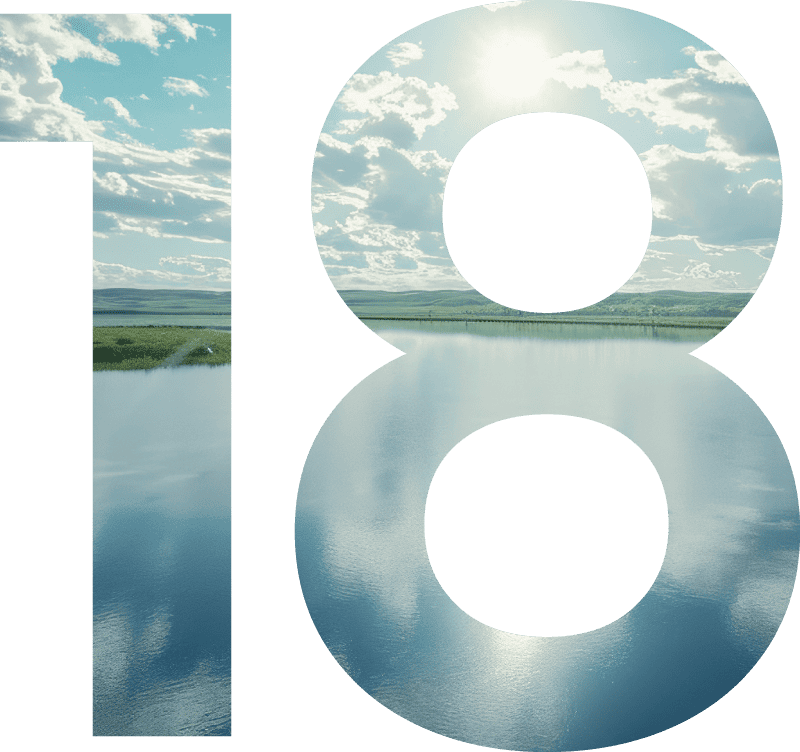
Whether you’ve recently left school or arrived from overseas, there are a few important things you might not know when you start your first job.
We’ve put together some helpful tips to understand things like your pay slips and taxes so you can make sure you’re looked after.
How much are you paid?
It’s a good idea to check how much your pay is. You should make sure it’s in line with the hours you’re doing, the pay rate you agreed to and the type of work you do. If you’re paid by the hour, you should be paid for all the hours you do. If you do extra hours or work at night or on weekends, the rate you receive could be higher. The Fair Work website can help you work out pay rates, penalties, and allowances.
Understand your payslip
You’ll get a payslip after each payday. Depending on where you work, this could be given to you on paper, email or downloaded from your workplace intranet. Keeping a record of your payslips can be a good idea. Plus, this is the best way to check how much you earned, what’s taken out for things like income tax, super and student loan repayments, and your take-home pay.
What’s income tax?
You might notice on your payslip part of your wage is taxed. That is, you’ll have your before-tax pay (also known as gross pay) and your after-tax or take-home pay (also known as net pay). The difference in those amounts is the income tax your employer must pay the government on your behalf.
Tax is your contribution to public services like emergency services, schools, health care (Medicare in Australia) and infrastructure like roads. How much you’re taxed depends on your annual income.
You shouldn’t be charged any tax if you’re earning less than $350 a week. If you have been charged tax but earn less than $18,200 in that financial year, you can claim it back when you lodge your tax return (after 30 June each year). Remembering, your employer doesn’t know how much you will earn for the year, so when they deduct tax, they work on the assumption that what you earnt that pay period is the same for the entire financial year.
Money Smart has a tax calculator where you can put in your income and find out if you’re paying the right amount of tax.
Lodge a tax return
Your employer is responsible for withholding income tax (taking it out of your wages and passing it on to the Australian Taxation Office (ATO), but you’re responsible for submitting your tax return at the end of the financial year.
By submitting a tax return, you’re letting the ATO know anything that might increase or decrease the amount of tax you should have paid throughout the financial year. This could mean you owe money, receive a refund or neither, as you’ve paid the correct amount.
If you spend your own money on work-related expenses, like uniforms or safety equipment, you may be able to claim some of this money back as a ‘tax deduction’ when you do your tax return. If you’re not sure about what is a legitimate claim, an accountant can help you work out what (if any) deductions you are entitled to.
Make sure you keep a record of these expenses, such as receipts.
You can do your tax yourself or have an accountant do it (usually for a fee). If you want to do it yourself, you can use the myDeductions tool in the ATO app to save records throughout the year. This way, you’re not worrying about finding all those receipts at the end of the financial year!
What is superannuation?
You may also notice an amount being paid to superannuation on your payslip. When you start your first job, you’ll usually be asked to choose where your super should be paid.
Superannuation, commonly shortened to super, is an Australian Government initiative that allows you to save for retirement throughout your working life. In addition to your wages, your employer must pay an extra 11% of your salary into super. It’s called the ‘superannuation guarantee’ (SG). Regardless of whether you work full time, part time or casual, if you are 18 years or older, you’re generally eligible to receive SG contributions.
Your employer pays super directly to your super fund, and it’s then invested for you either in your fund’s default (MySuper) option or other options you choose, with the goal of helping it grow to provide you with an income in retirement.
Once you meet certain eligibility conditions (like being over 26 and having more than $6,000 in your account) and you are a MySuper member, super funds also generally offer insurance cover, which is taken from your super balance, not your wallet. It can provide you and your family with money if you die or are injured and can’t work anymore.
Watch your super grow
It’s a good idea to check your super regularly to ensure your employer has paid it into your account. You’ll also see your money growing as contributions and investment returns add up to more each year you work.
* This information is general advice which does not take into account your personal financial objectives, situation or needs. Before making a decision about Vision Super, you should think about your financial requirements and consider the relevant Product Disclosure Statement and Target Market Determination issued by Vision Super Pty Ltd ABN 50 082 924 561 AFSL 225054.


